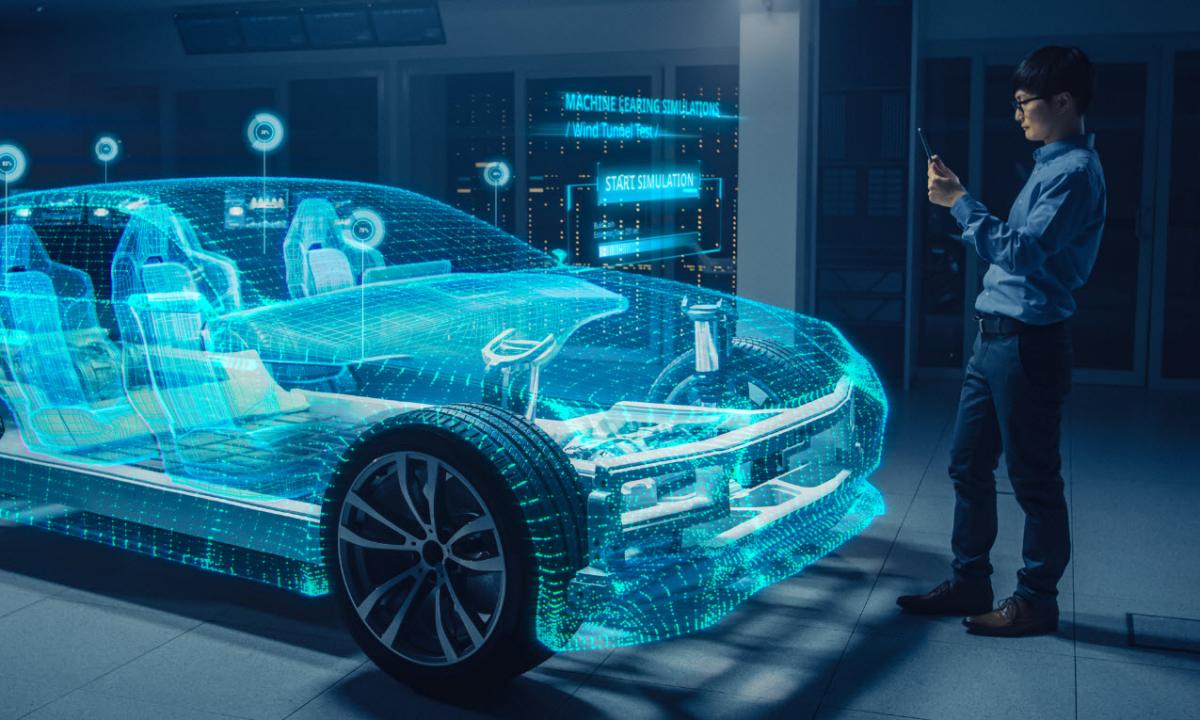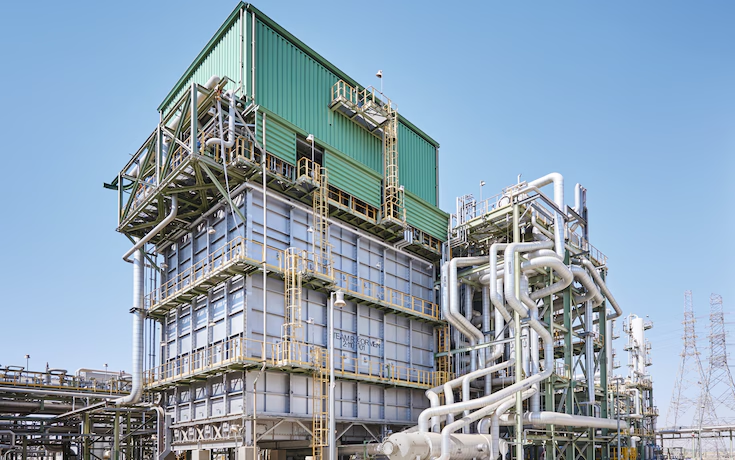
In this time, where the protection of the environment is at the top of the global agenda, automotive and transport are undergoing a radical change for sustainability. With full realization of the dire environmental impact from conventional vehicles, manufacturers and innovators have actively embraced green technologies and practices. This article seeks to update on the latest trends of sustainability in the car and transportation industry, underlining improvements in electric vehicles, alternative fuels, smart mobility solutions, and an overall greener future effort.
1. Electric Vehicles (EVs):
Another major trend in the automobile market is the fast proliferation of electric vehicles. EVs have now become quite a good alternative to conventional gasoline based cars, emitting lesser pollution and requiring less fossil fuel. Major automobile companies are investing huge funds towards research and development to extend driving distances by improving battery technologies and charging stations.
Tesla's new technologies continue setting high standards for electric cars. Other manufacturers of regular cars have also joined the electric vehicle market by releasing electric models and promising that in the next few years, they will stop making gas powered cars. This step towards electric cars is going to reduce carbon emissions and is changing the face of the automobile industry.
2. Alternative Fuels:
Besides electric vehicles, the industry is considering other fuels to make its environmental impact minimal. Hydrogen fuel cell technology is gaining momentum as a cleaner source of energy for transportation. Companies like Toyota and Hyundai are investing in hydrogen powered vehicles that have zero emissions and can be refueled faster compared with ordinary electric vehicles.
Also, as part of environmentally friendly fuel, there is a parallel development of renewable sources-based biofuels ethanol and biodiesel. These biofuels are combined with conventional gasoline or diesel to give a cleaner alternative to fuel combustion engines. The move toward other fuels matches industry commitments to reducing greenhouse gas emissions and achieving a more sustainable energy mix.
3. Smart Mobility Solutions:
Smart mobility is revolutionizing the way people travel around and access transportation services. Digital technologies, data analytics, and connectivity are increasingly being used to enhance sustainable urban mobility solutions. Ride sharing apps, electric scooters, and bike sharing services have become intrinsic elements of smart cities and play a great role in making commutes smoother while decreasing the dependency on private cars.
Autonomous vehicles are another smart facet of mobility, which promises much safer and efficient transportation. Still in their relative infancy in terms of development, self driving cars can improve the flow of traffic, reduce accidents, and save fuel. Legal frameworks involving safety concerns and public acceptance need to be ironed out first before autonomous vehicles become as common as vehicles with drivers on our roads.
4. Circular Economy Practices:
Sustainability in the car industry doesn't only mean technology inside the vehicles; it means everything about a vehicle's life. The concept of the circular economy is gaining more importance. It focuses on the recycling, reusing, and fixing of car parts. The companies are working on designing cars that will be easier to dismantle and recycle, thereby reducing the amount of waste produced and conserving valuable resources.
The management of old vehicles is very vital to being at par with sustainability. Recycling good materials, proper disposal of batteries, and appropriate methods of recycling reduce the potential environmental damage due to old vehicles. Extended producer responsibility programs are a beginning in order to hold manufacturers responsible for their products throughout their entire life.
5. Sustainable Supply Chains:
This also means that supply chain practices will be inculcated into the effort of being sustainable in cars and transportation. Manufacturers are showing more interest in materials sourcing responsibly, reducing carbon emissions during production, and ensuring labor practices are ethical. Transparency regarding the supply chain is something very important since consumers increasingly want to be better informed about the environmental and social effects of their purchased products.
Electric vehicle manufacturers are painstakingly watching the supply chain for key materials like lithium, cobalt, and nickel by striving to develop sustainable sourcing methods, investing in recycling technologies, and minimizing reliance on materials connected with environmental and human rights abuses.
Conclusion:
The car and transportation industry is leading the global sustainability movement. They are committed to reducing harm to the environment and creating a greener future. Certain trends discussed in the article the rise of electric cars, the search for alternative fuels, the use of smart mobility solutions, the focus on circular economy practices, and attention to sustainable supply chains indicate a sea change toward cleaner and more responsible transportation.
With increasing technological improvements and demands for ecologically friendly alternatives, the car industry is likely to move faster towards a green future. The role of governments, enterprises, and consumers in shaping the growth of the car and transport sector is highly important so that sustainability does not lose its significance in the years to come.
Trending Posts

Global Silver Nanoparticles Market
The global silver nanoparticles market was valued at $2.08 billion in 2020, and is projected to reach $4.1 billion by 2027, growing at a CAGR of ~17%

LNG Bunkering – Here is something you must know!
In the current scenario of growing pollution, companies are trying to adapt more and more sustainable approach that not only gives eco-friendly result

The Basic Pension Comes - Federal Cabinet Decides On the Pension Supplement
Financial security in old age is an issue that is causing stomach pains for more and more people in Germany. Low-wage earners fear the elderly. The ba

The Future of Artificial Intelligence
In recent years, the field of artificial intelligence (AI) has witnessed unprecedented growth and transformative advancements. As AI technologies

Sailing into the future with Autonomous Ships
Autonomous Vehicles (AVs) are the uproar of this era. After airways, thanks to the companies like Tesla, that people are now getting used to see drive

Rising Demand For Uninterrupted Power Supply Is Expected To Drive The Power Rental Market
Todays world is totally reliant on electric power. There are many things which are not manageable without electricity. Power rental is a concept where

Rapidly growing IT industry coupled with the trend of bringing your own device (BYOD) is expected to provide new opportunities for growth of Cloud Collaboration
Cloud collaboration is the process of sharing and co-authoring the computer-based work through cloud technology

Factcheck on UV Disinfection for COVID-19
Many regulatory authorities and bodies believe that UV disinfection technologies can play a role in a multiple barrier approach to reducing the transm

The Global Ventilator Market Grows at a CAGR of 7.75 %
The Global Ventilator Market, which was at $688 million in the year 2016, is about to double by the year 2025, and reach a value of $1,347 million. Th

Vaccination: Vaccination Against Measles is Now Mandatory in Germany
The subject of compulsory vaccination has always heated peoples minds and caused emotionally charged discussions. The latest law in this area - the ob
Recent Posts

Growth and Future Trends of the Global In-Line UV-Vis Spectroscopy Market
In-line UV-Vis spectroscopy is a powerful analytical tool widely adopted in various industries for real-time monitoring of chemical and biological processes. This market is experiencing robust growth due to its applications in pharmaceutical.

Understanding the Growth Dynamics of the Premium Luggage Market
The market for premium luggage has grown massively over the years. This is attributed to several factors, including a change in consumer preference, increase in disposable incomes, and an overall rise in international travel.

Global Potassium Sorbate Market: Growth and Forecast
The Global Potassium Sorbate Market has gained significant traction due to the rising demand for preservatives across various industries, especially in food and beverages. Potassium sorbate, a salt of sorbic acid.

Global Venturi Masks Market Growth and Forecast
Venturi masks, also known as air-entrainment masks, play a crucial role in delivering a precise oxygen concentration to patients, particularly those suffering from chronic respiratory conditions such as COPD (Chronic Obstructive Pulmonary Disease).

Global Venous Thromboembolism (VTE) Therapeutics Market: Overview, Growth, and Forecast
Venous thromboembolism (VTE) is a critical medical condition including deep vein thrombosis and pulmonary embolism. In fact, it is one of the preventable causes of death in the hospital environment. It has experienced a substantial upsurge.

Global Vein Illumination Device Market: Growth and Forecast
The global vein illumination device market is experiencing significant growth, Due to a growing demand for minimally invasive procedures and an increase in chronic diseases, not to mention development in medical technology.

Global Vasculitis Treatment Market: Growth and Forecast
Vasculitis represents a group of disorders involving inflammation of blood vessels. It can affect parts of the body such as the skin, kidneys, lungs, and joints, and without proper treatment it may cause severe morbidity.

Global Fired Heaters Market: Growth and Forecast
The global market for fired heaters is growing at a rapid pace due to increased demand from major industries such as the oil & gas, chemical, and petrochemical sectors. Fired heaters are among the most crucial components of process heating systems.

Global Gas Flares Market Growth and Forecast
The growth in oil and gas production, environmental regulations, and a need for an effective waste gas management system are driving the global gas flares market. Gas flares are a crucial equipment in the oil and gas industry.

Global Steam Reformers Market: Growth, Trends, and Forecast
The steam reformers market is witnessing significant growth due to increased demand for hydrogen in industries like chemicals, refining, and fertilizers.
